This book presents the proceedings of the Second Training Course on “The Objectives of the Noble Qurʾān” organised by the Centre for the Study of the Philosophy of Islamic Law at Al-Furqān, which took place on Wednesday and Thursday, 4-5 May 2016, in the City of Mohammedia (Morocco), in partnership with the Maqāṣid Research & Studies Centre (Rabat), and the Department of Islamic Studies at the Faculty of Letters & Humanities - Hassan II University in Mohammedia. Within the book, the reader will find the papers and commentaries from the Training Course, which addressed several aspects of the objectives of the Noble Qurʾān’ that were not covered in the First Training Course. These revolved around the objective of justice (al-‘adl) and preserving security, as well as the proselytising (da‘wah), creed (‘aqīdah), and edification (tarbiyyah) objectives in the Noble Qurʾān. Furthermore, it addressed the effect of the Qurʾān’s organisation in explaining the objectives of the Divine Names and Attributes, and the objective of reform (iṣlāḥ) taken from the Qurʾān, as well as a methodological introduction to the map of the universal objectives of Islamic law in the Noble Qurʾān. The book concludes with statements by the organising committee and the Course’s recommendations.
 Shared Knowledge
Shared Knowledge
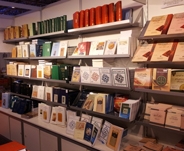
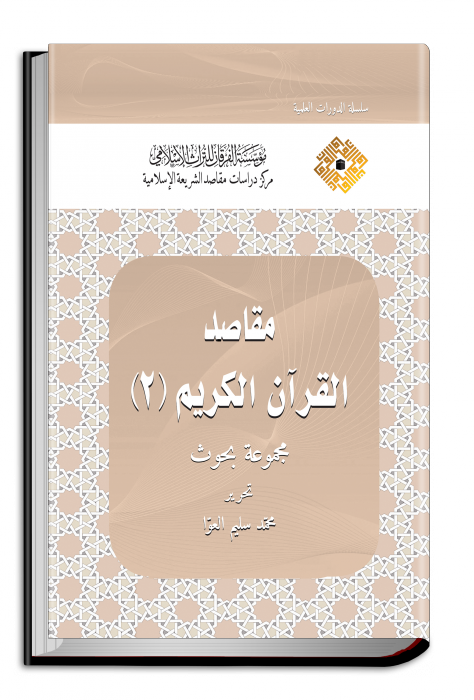
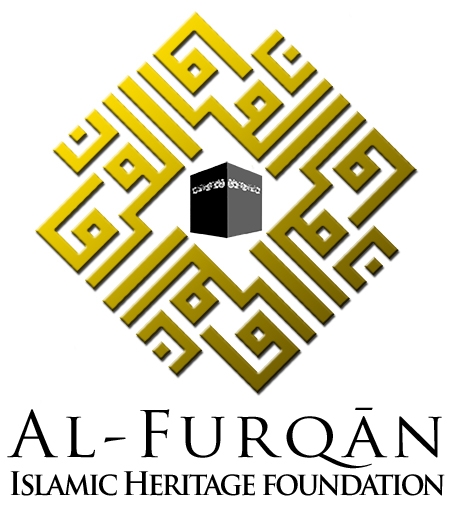 (3) Objectives of Islamic law in Light of the Noble Prophetic Sunnah
(3) Objectives of Islamic law in Light of the Noble Prophetic Sunnah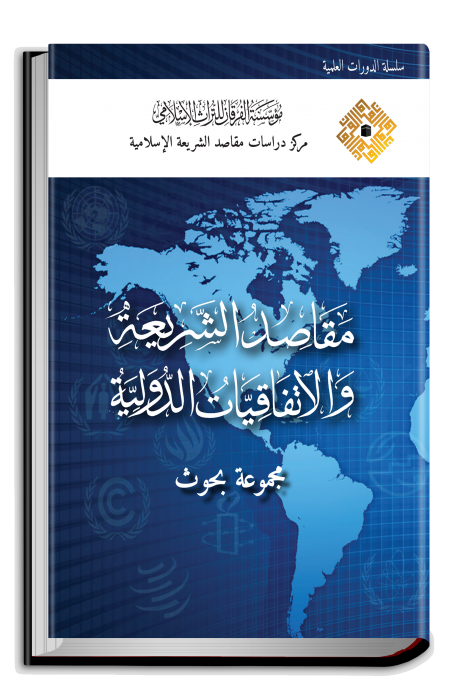 The Objectives of Sharīʿah and the International Conventions (Research articles)
The Objectives of Sharīʿah and the International Conventions (Research articles)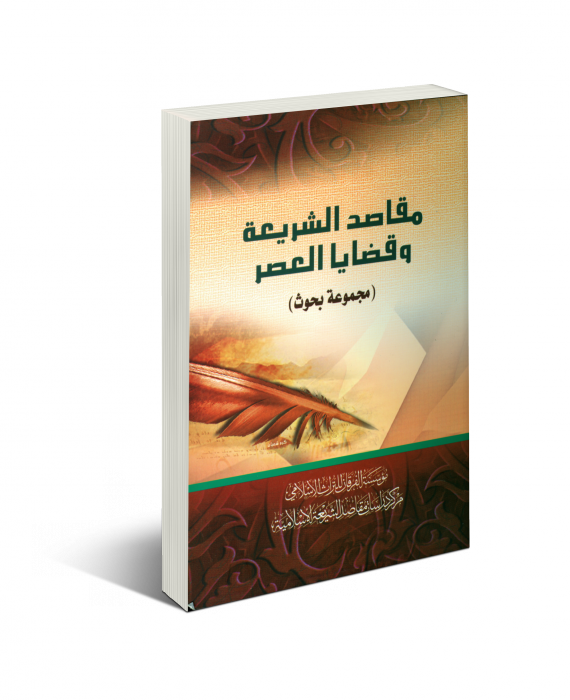 Purposes of the Islamic Law and Contemporary Issues (Research articles)
Purposes of the Islamic Law and Contemporary Issues (Research articles)